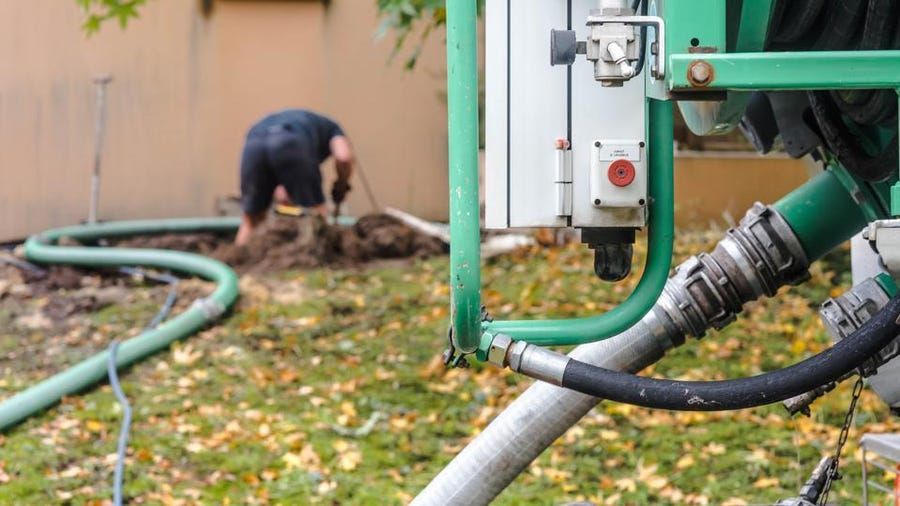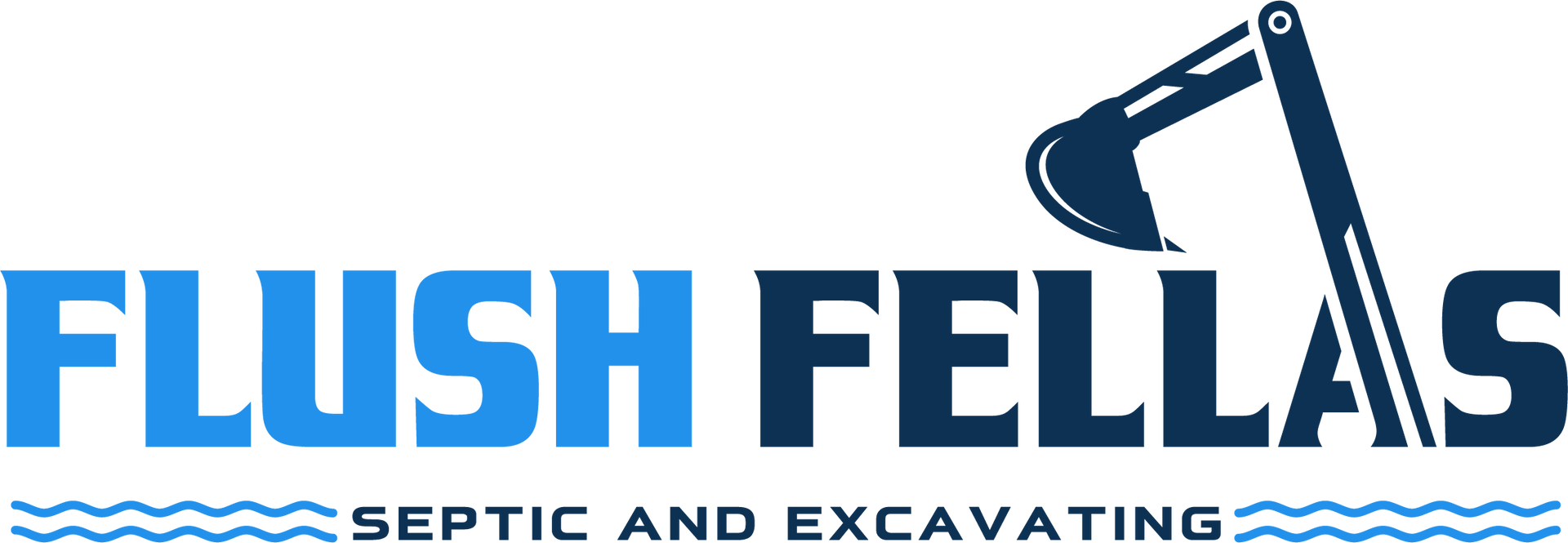A septic system consists of a sewer line from the house, a watertight underground receptacle called a septic tank, a distribution box, and a subsurface soil absorption area called a drainfield (Figure 1). Although prices can vary significantly, a basic septic system costs approximately $3,000 to install (in 1992 dollars).(1) It's finally time to install a septic system on your property. You had intended to build a traditional septic tank and leach field, but what about that forest preserve where you live?
Will a conventional septic tank harm the watershed? During your investigation, you recollect that when you were building your land, you encountered problems with bedrock beneath the surface of the earth--what if the soil around your property is too flat to dig deep enough to put a traditional septic tank? An alternative septic system is any sort of building drainage system that differs from the normal septic tank. There are alternatives to a traditional septic system for diverting and cleaning water waste from your property and safely reintroducing it back into the environment.
These alternatives are highlighted below.
Aerobic Treatment System
An aerobic treatment system introduces oxygen into the treatment tank using an air pump that draws air from the surrounding environment into the septic tank. This extra oxygen aids in the cleaning of the effluent by increasing natural bacterial activity. According to the EPA, aerobic treatment systems use the same technology as large-scale sewage facilities but on a smaller scale. This is another excellent alternative septic system for tiny lots, lots with poor soil conditions, or lots near bodies of water that are vulnerable to pollution.
Ensure that your aerobic treatment system is installed and maintained by the best septic tank pumping companies in Chattanooga area.
Mound Septic System
Mound and raised-bed septic systems are identical to conventional systems, except that the soil is properly prepared to form a treatment area for the effluent. One of the most popular options is a sand-lined filtration bed. Small distribution pipes are embedded in a layer of gravel that rests on top of a layer of sand in this system. To create a mound, the entire area is thoroughly covered with topsoil.
The system also includes a dosing chamber that catches the effluent that exits the septic tank. This chamber releases wastewater at a controlled rate to prevent the leach field from overloading. Most systems sound an alarm if the pump fails and puts the leach field at risk. Your Chattanooga septic tank pumping service will erect an observation tube to facilitate tank examination without reaching the access port beneath the soil.
The septic service Chattanooga will also install monitoring wells so that leach field conditions can be easily monitored.
Drip Distribution System
The drip distribution system distributes treated septic water across a larger area of land. Instead of a single PVC pipe dispensing treated water into the leach field, the drip distribution system "irrigates" the leach field with lengthy, turning, flexible tubing that distributes tiny increments of water along its length. With this system, newer technology allows for scheduled and regulated water release. The drip distribution septic system requires extra maintenance because these timers demand power.
Because of power interruptions, these alternative septic solutions may require more maintenance than regular systems.
Sand Filter Septic System
Sand filter septic systems employ sand to purify and remove contaminants from wastewater. The sand filter system, like the aerobic treatment system, includes oxygen in its system to filter out germs. This purification occurs in a sealed chamber that can be constructed above or under the ground. This is one example of an alternate septic system that does not require a leach field, making it suitable for environmentally sensitive places.
In some circumstances, purified water can be discharged straight from the sand filtering system into the soil, bypassing the requirement for additional pipes to a leach field.
Plastic Chamber Leach Field
This system utilizes a typical septic tank, but instead of the traditional pipe leach field, the leach field is comprised of interlocking plastic arches that offer a continuous drainage area. No gravel is required since the chambers create an empty space for wastewater to pass through. However, if you wish, these elements can be added to increase the system's lifetime. These systems are quick and simple to install and require little equipment.
They are appropriate for small development sites since they take up less space than systems with traditional leach fields, and installation will cause minimal disruption to the existing landscape. They also have a longer lifespan than traditional systems.
Pressurized Dosing System
The pressurized dosing system applies pressure to the leach field to disperse effluent in more even, measured dosages. Because of the measured technique of dispersing wastewater, this solution is ideal for rehabilitating a leach field following a septic system failure. Because this method only concentrates on effluent distribution into the soil, pressure dosing can be coupled with any of the water treatment systems listed here.

Constructed Wetland System
The built wetland system uses wetland vegetation to help with septic system filtration. While the water waste from your house or structure is still routed via one septic tank, the cleaned water is then routed to a wetland containing various types of pebbles and grasses. Following that filtration cycle, the water flows into a drain field before being discharged into the soil, much like in a traditional system.
Endnote
Each of these alternate septic systems necessitates a unique quantity of acreage, soil depth, material, and money to build. Consider the land on your property and the surrounding environment when deciding which system is best for you. If you're unclear about which septic system is best for your property and budget, contact a septic tank pumping Chattanooga company. The company will give an accurate estimate of the cost to pumping septic tank in Chattanooga TN.
Furthermore, a
septic tank pumping Chattanooga TN company can advise you on the best alternative septic system for your home. This way, you can make a knowledgeable decision during the selection process.
For more information on Flush Fellas Septic & Excavating and our services, feel free to reach us via phone today: (423) 498-9839.

About the author
Charles Chandler
Charles Chandler is the founder of Flush Fellas, a septic and excavating company based in Chattanooga, TN. With a passion for providing top-notch services to his clients, Charles has established himself as a prominent figure in the industry. He has extensive knowledge of septic systems, excavation, and drainage solutions, which he uses to offer customized services that meet the specific needs of his clients. Charles is committed to providing exceptional customer service and building long-term relationships with his clients. He is dedicated to staying up-to-date with the latest industry trends and innovations to ensure that Flush Fellas continues to offer the best services possible.


